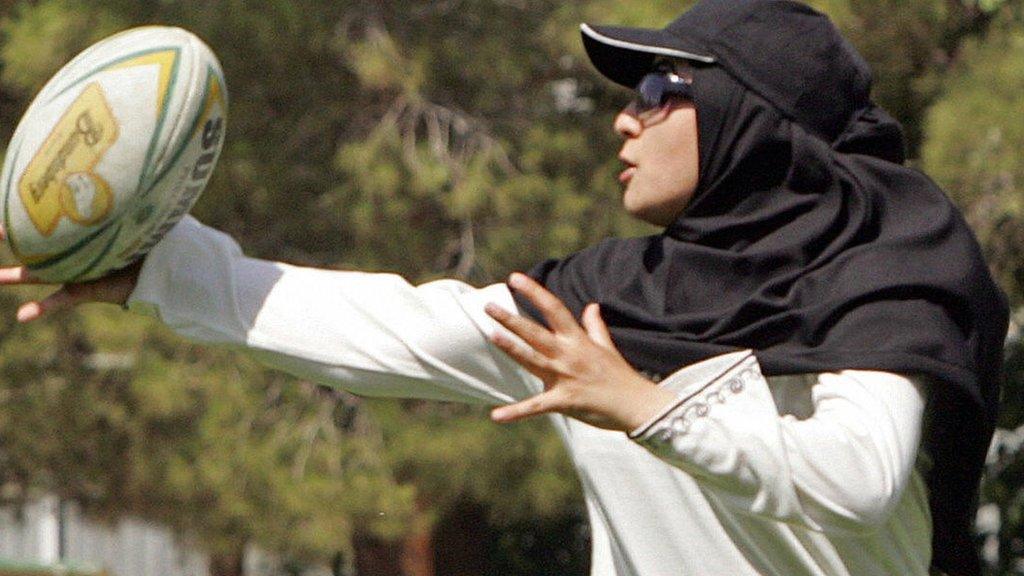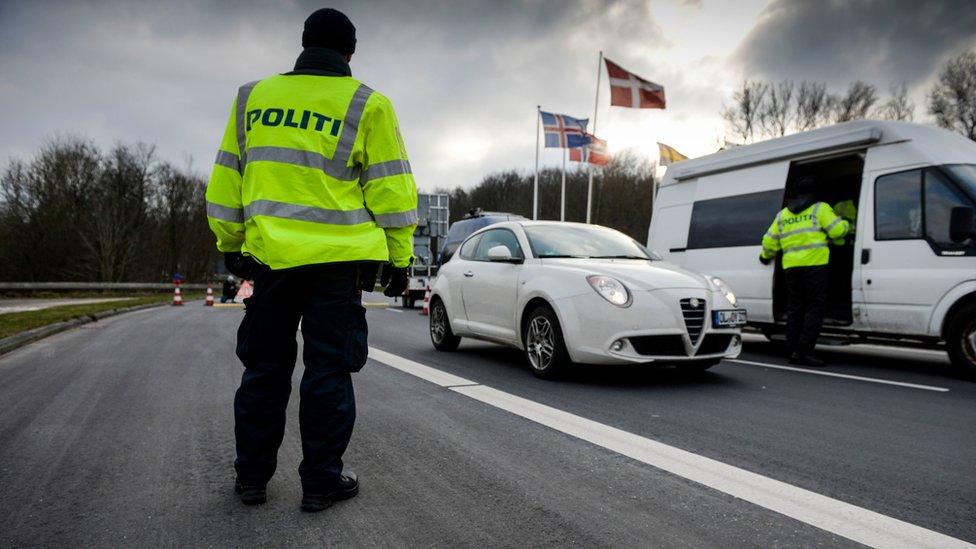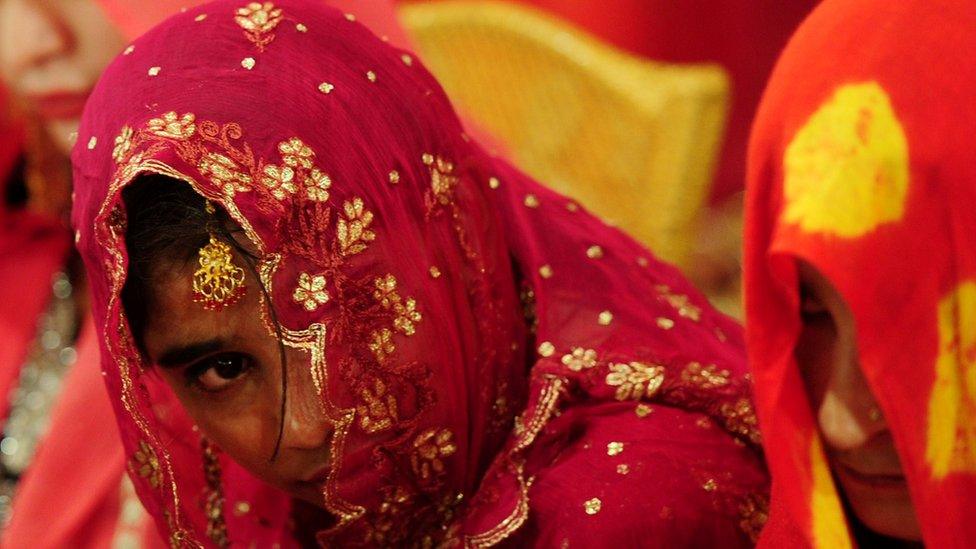Danish minister Stojberg provokes Ramadan row
- Published

Ms Stojberg argues that an 18-hour fast could affect safety in some jobs in Denmark
Denmark's immigration minister has been widely rebuffed after she suggested Muslims should take time off work during Ramadan because of potential safety risks to the rest of society.
Inger Stojberg, who has a reputation for hardline immigration policies, said fasting throughout the working day raised challenges for modern society.
She cited potential risks for bus drivers and in hospitals.
Bus companies were among the first to say they had no problem with Ramadan.
Arriva, which runs a number of bus routes in Denmark, said it had never had any accidents involving drivers who were fasting. "So de facto it's not a problem for us," spokeswoman Pia Hammershoy Splittorff told Berlingske Tidende (BT) newspaper.
The same message came from Denmark's 3F transport union, whose leader Jan Villadsen wondered if the minister was trying to create a problem that did not yet exist.
Denmark's Muslim Union posted a message on social media thanking Ms Stojberg for her concern, but pointed out that Muslims were adults who were perfectly capable of looking after themselves and society, "even when we fast".
A party colleague of the minister, Jacob Jensen, suggested politicians should focus on solving "real problems" rather than interfering.
What did the minister say?
Inger Stojberg wrote in an opinion piece for BT (in Danish), external that Denmark had religious freedom and religion was a private matter.
But she suggested that Muslims who observed Ramadan in Denmark could not eat or drink for more than 18 hours. Muslims fast from dawn to sunset, which can occur at 21:29 in Denmark in June.
Ms Stojberg said the demands of modern-day Denmark required long working days, sometimes involving operating dangerous machines.
She gave the example of bus drivers who had not drunk or eaten for over 10 hours and suggested that fasting could affect "safety and productivity".
"I want to call on Muslims to take leave from work during the month of Ramadan to avoid negative consequences for the rest of Danish society," she said.
Who is Inger Stojberg?
The integration minister is a centre-right politician from the liberal Venstre party who has been instrumental in tightening Denmark's immigration policy.
She wrote an article last month in which she suggested that a "significant proportion of refugees" cheat or abuse the trust of Danes.
Since her party formed a coalition government in 2015, Denmark has imposed a string of immigration controls to the extent that last year she posted a picture of a cake marking the 50th such amendment.
Allow Facebook content?
This article contains content provided by Facebook. We ask for your permission before anything is loaded, as they may be using cookies and other technologies. You may want to read Meta’s Facebook cookie policy, external and privacy policy, external before accepting. To view this content choose ‘accept and continue’.

Two years ago Denmark approved a controversial measure to confiscate the valuables of asylum seekers to pay for their board and lodging. After the act drew comparisons with the Nazis' seizure of valuables from Jews in World War Two, wedding and engagement rings were excluded from the law.
Other measures include tightening requirements for learning Danish, tougher citizenship tests and financial independence.
Denmark saw a spike in arrivals of asylum seekers and irregular migrants in 2015 but the numbers have fallen significantly.
Figures published this month by Politiken newspaper suggest that the number of Muslims successfully applying for citizenship in Denmark has also gone down. In 2014 70% of new citizenships were awarded to people from predominantly Muslim countries, and that figure has since fallen to 21%.
- Attribution
- Published10 May 2019

- Published4 January 2016

- Published30 September 2016
